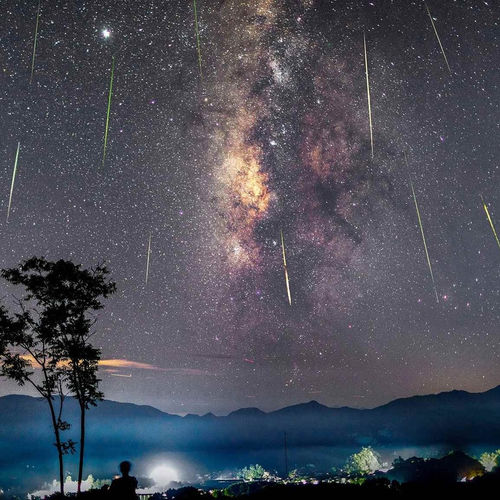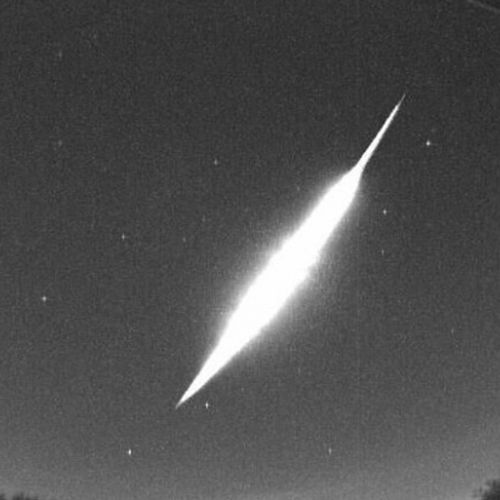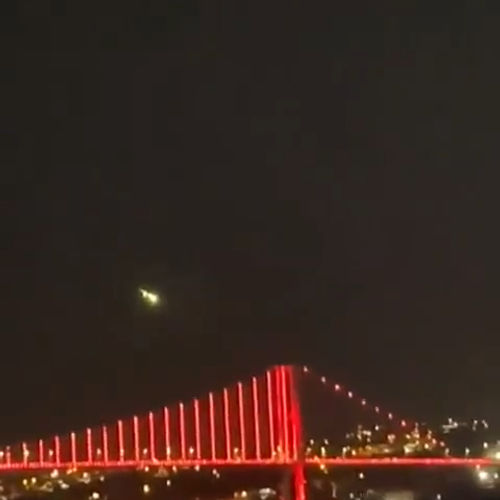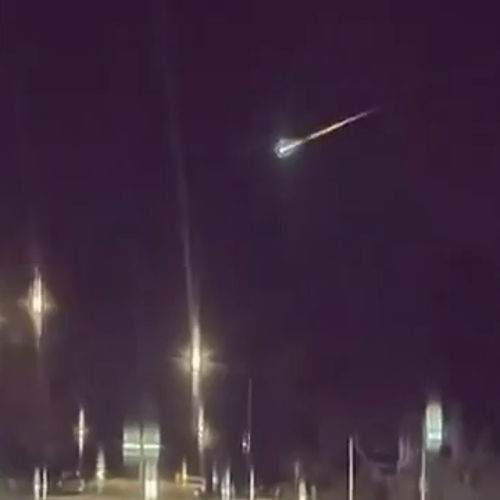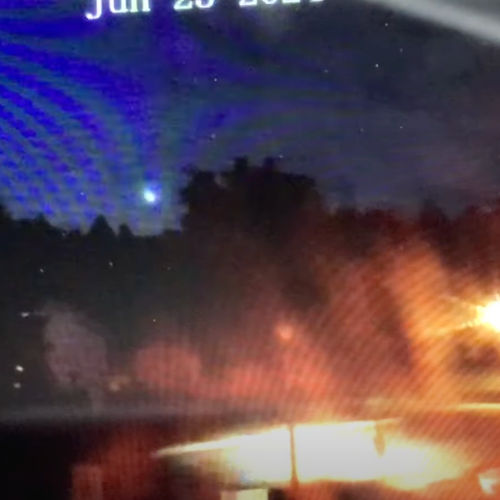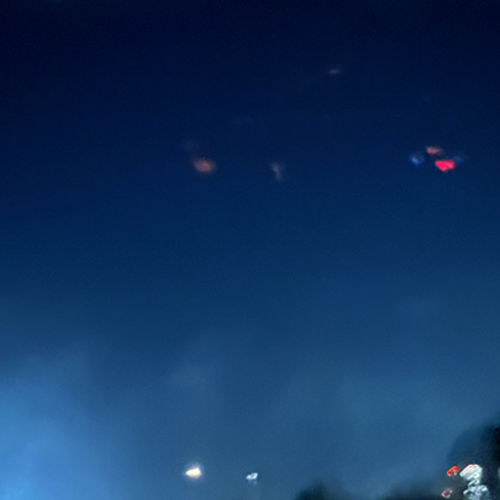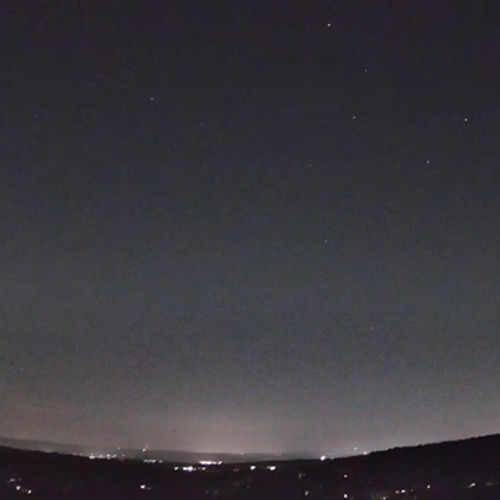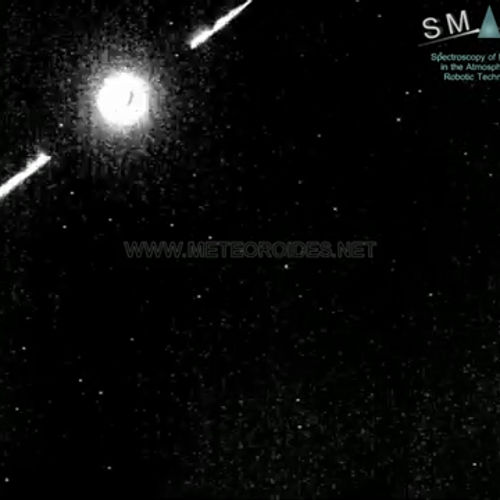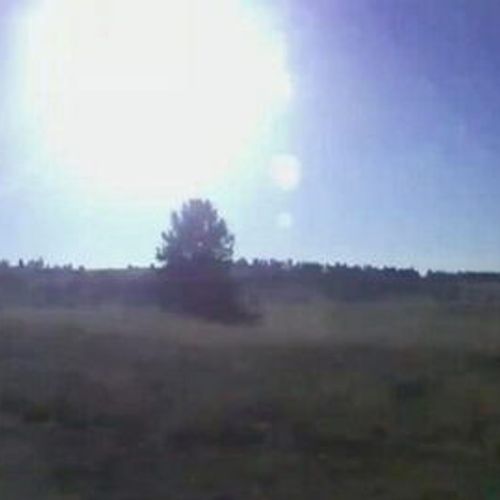
| Added | Thu, 05/05/2022 |
| Источники | |
| Дата публикации | Thu, 05/05/2022
|
| Версии |
A few days after a fireball was spotted in the sky over three southern states, NASA scientists confirmed that fragments of a meteor were found on the ground in Mississippi.
According to NASA, the speed of the exceptionally bright meteor was 35,000 miles per hour (previously scientists assumed it was flying at 55,000 miles per hour) when it exploded in the sky near the Louisiana-Mississippi border.
"There are confirmed reports of meteorites in the area east of Natchez," NASA said, sharing an image of one of the meteorite fragments on Facebook on Monday.
Dozens of people in Arkansas, Louisiana and Mississippi reported seeing a meteor in the sky around 8 a.m. on Wednesday after hearing a loud rumble in the area.
According to officials, at its peak, the fireball was more than 10 times brighter than the full moon. The fireball disintegrated about 34 miles above a swampy area in Louisiana, releasing "energy equivalent to 3 tons of TNT," NASA said.
The Mississippi Emergency Management Agency earlier posted a satellite image on Facebook showing a bright object visible just east of the Louisiana-Mississippi border, along with NASA confirmation. The agency said the fireball caused no injuries or property damage and that it swept parallel to the Mississippi River.
According to the law, meteorites belong to the owner of the property on which they fell, so NASA said it would not disclose the location of the fragments found.
NASA also said it would not verify the authenticity of possible meteorite finds and directed the public to a meteorite website created by Washington University in St. Louis.
"We do not deal with meteorites, because our main task is to protect spacecraft and astronauts from meteorites," NASA said. Therefore, we will not be able to identify any strange stones that you may find - please do not send us photos of the stones."
NASA said that if the information is confirmed, it will be the fifth recorded meteorite fall in Mississippi. Others occurred in 1854, 1910, 1922 and 2012.
Новости со схожими версиями
Log in or register to post comments

